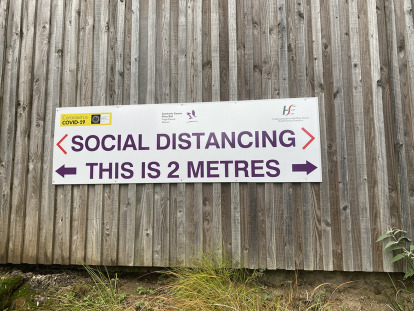Genomic Data Sharing, Case Studies, Challenges, and Opportunities for Precision Medicine, 2023, Pages 71-90
Genomic Data Sharing, Case Studies, Challenges, and Opportunities for Precision Medicine, 2023, Pages 71-90
Outbreaks, Epidemics, and Health Security
COVID-19 and Ensuring Future Pandemic Preparedness in Ireland and the World
2023, Pages 3-17
Indigenous women tend to have higher rates of cardiovascular disease and stroke. This article reports a literature review conducted to answer the question: How do indigenous women who are at risk of and/or living with cardiovascular disease and stroke perceive their heart health and well-being?



